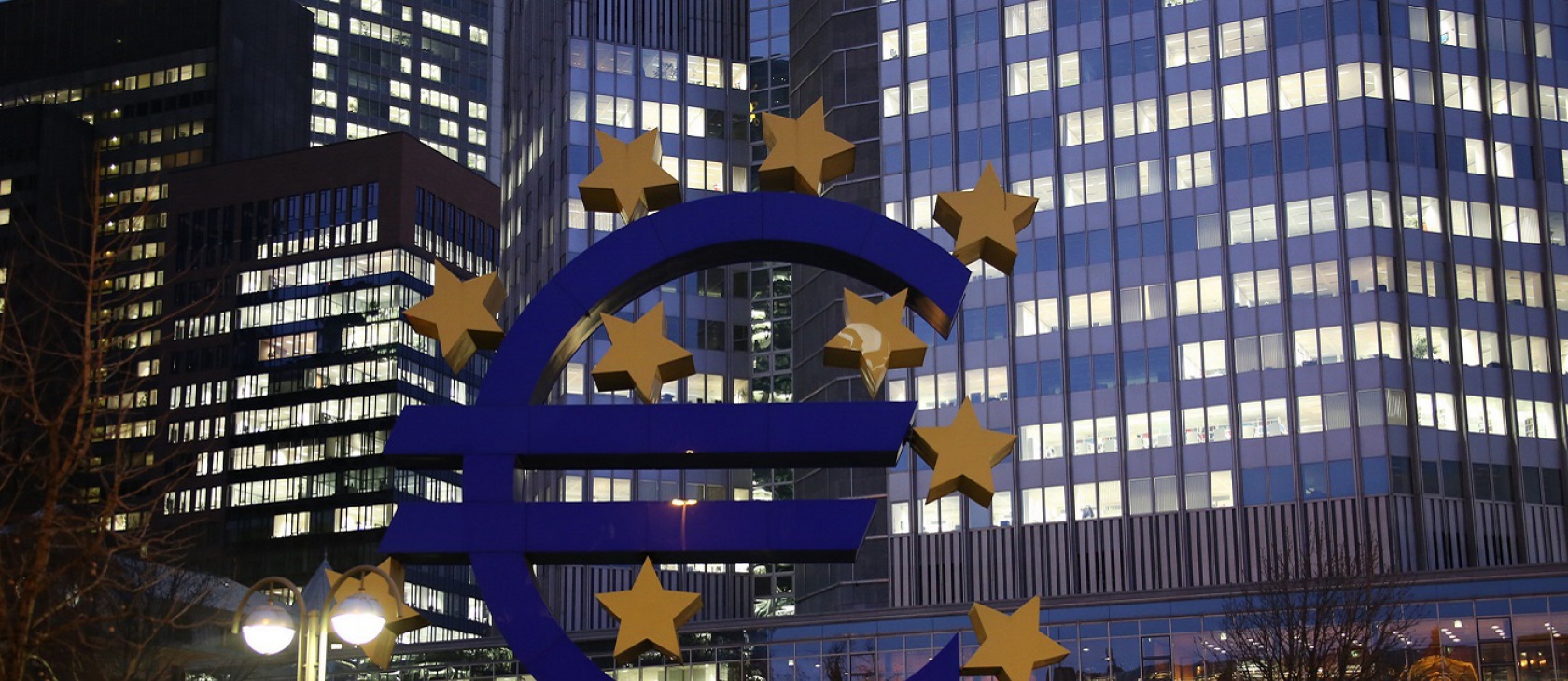The 19-nation eurozone has been in a sustained crisis since the crash of 2008. The less competitive southern European states – Italy, Spain, and Greece – have experienced high unemployment and anemic economic growth. In sharp contrast, more competitive northern Eurozone nations such as Germany and the Netherlands have experienced solid growth since the Great Recession. EU-driven governmental austerity in the south has not done enough to improve those economies but has polarized their electorates.
As is too-often the case when the EU confronts a crisis, the only cure on offer is “more Europe.” France’s new president, Emmanuel Macron, has proposed the creation of a eurozone budget, overseen by a eurozone Finance Minister, who would then distribute the funds collected to the weakest member economies. This individual would have oversight over all 19 eurozone national budgets, determining the appropriate level of bailout to be accorded each nation. To finance the venture, he recommends that the European Central Bank (ECB) create, then sell, eurobonds. In the process, the office would create a new form of national dependence, replete with opportunities for “political” rather than economic decision-making. Having lost control of their currency, such nations would thereby lose control of their budgets and taxing policies. Control would be centralized in Brussels and Frankfurt.
This is a far cry from the onetime economic union promoted as a means of economic flourishing.
The EU single market was launched in 1993. The goal was the free movement of people, goods, services, and capital within what are now 28 member states. One of the chief architects of the European Union was former EU Commission President Jacques Delors. In the early 1980s, the French socialist proposed moving from a common market to a common currency, to a common government. He viewed the process as a step-by-step means of creating a United States of Europe. The common currency, the euro, followed in 1999, when the EU formed a monetary union among 11 member states. The eurozone today includes 19-members, home to 375 million people with a GDP of $12 trillion – the size of China’s GDP. Ironically, it is this “currency union” which may now threaten the EU’s future.
Why the euro was created
There are three reasons the euro was created. First, the euro aimed to deepen the EU single market by eliminating currency exchanges across national borders and creating transnational cost competition. Second, the currency was meant to become an alternative reserve currency to the U.S. dollar. And third, it could set the stage for a unified European superstate. Ironically, the euro has rapidly become a central cause of EU disunity.
While the euro is a single currency, the eurozone has 19 separate parliaments, heads of state, and national banks. These national banks, plus the European Central Bank (ECB), make up the Eurosystem – akin to the U.S. Federal Reserve system. As you might imagine, one airplane and 19 pilots is a formula for an economic plane crash. The significant challenge of one currency spanning 19 governments is that elected officials are disconnected from fiscal accountability. Additionally, the lost mission of national banks is to impose monetary discipline. The third failure here is that 19 nations have lost a vital economic tool, the appreciation or depreciation of their currency.
Currencies, by their nature, connect nations to global economic feedback and hold government leaders to account for the impact of their decisions. Nineteen EU nations have lost this vital tie to global economic forces. Today, Germany has four percent unemployment and 68 percent debt-to-GDP ratio, while Greece – using the same currency – has 22 percent unemployment and 170 percent debt-to-GDP ratio.
The eurozone has had the effect of undermining national fiscal accountability, monetary discipline, and the ability of 19 nations to benefit from the economic feedback of changes in the value of their currencies.
The creation of the euro temporarily papered over these economic disparities. The EU Stability and Growth Pact of 1997, the treaty nations sign to join the euro, requires that a nation’s budget deficit be no larger than three percent of GDP, and that the debt-to-GDP ratio to be no larger than 60 percent. Greece used false accounting in its 2001 application, and most eurozone nations no longer meet these requirements. In 1994, the 10-year interest rate on German government bonds was seven percent, while it was 24.5 percent for Greek bonds. These interest rates reflected the relative risks of buying German vs. Greek bonds. The euro was launched in 1999, and Greece became the twelfth euro member in 2002. From 2002 to 2008, there was little difference between German and Greek bond rates. But by 2011, due to the Great Recession, German government bond rates returned to 7 percent, and Greek bond rates returned to 24.5 percent. As Warren Buffett once said, “Only when the tide goes out do you discover who’s been swimming naked.” And yet despite these dramatic differences, the trading currency of both nations has the same strength, unaffected by the decisions of their leaders. And somehow, the ECB is expected to devise monetary policy advantageous to both extremes, and all 17 nations between them.
In summary, the eurozone has had the effect of undermining national fiscal accountability, monetary discipline, and the ability of 19 nations to benefit from the economic feedback of changes in the value of their currencies and what those say about their level of national competitiveness. When the Great Recession arrived, weak eurozone economies like Spain and Italy could not compete with Germany, Austria, and the Netherlands within the same currency union. By joining the euro, nations like Greece have lost internal fiscal disciplines, as well as the “release value” of currency depreciation and its competitive signals.
The question is, what is the right course going forward? President Macron would create eurobonds and a centralized Euro-fund to transfer wealth from northern to southern Europe in exchange for more centralized control over their national budgets. This would further remove those nations from market forces, the policies needed to restore their international competitiveness, and further dilute their national sovereignty by concentrating decisions in the hands of an inefficient bureaucracy. Creating more dependency is not the answer.
The moral lessons
The eurozone project supplies key economic and moral lessons. First, currency unions have historically never worked because of the discrepancies between the national governments involved. Either the EU becomes a single nation, or its currency union will unravel. We see the beginning of a continental government forming today. Second, when the value of a nation’s currency becomes disconnected from the decisions of elected leaders, public accountability is lost, just as are the vital market signals related to the efficacy of those decisions. Good behavior such as thrift, industry, and efficiency is not rewarded and bad behavior such as profligacy, sloth, and poor decision-making are not discouraged. And third, the history of power and its successful use since the Protestant Reformation and the American Revolution has been the history of decentralized and disaggregated power, of federalism, or the closest European analogue, subsidiarity. Moving power closer to people and markets will contribute more to growth and human flourishing.
The European Union, and the eurozone project are efforts meant to enhance the peace and prosperity of Europe. These are good and noble goals. But the current tendencies to centralize power in Brussels on all matters, and to centralize the control of national economies through a currency union, strike against the historic trends of diffusing power and keeping it closer to the people.
(Photo credit: JouWatch. CC BY-SA 2.0.)













